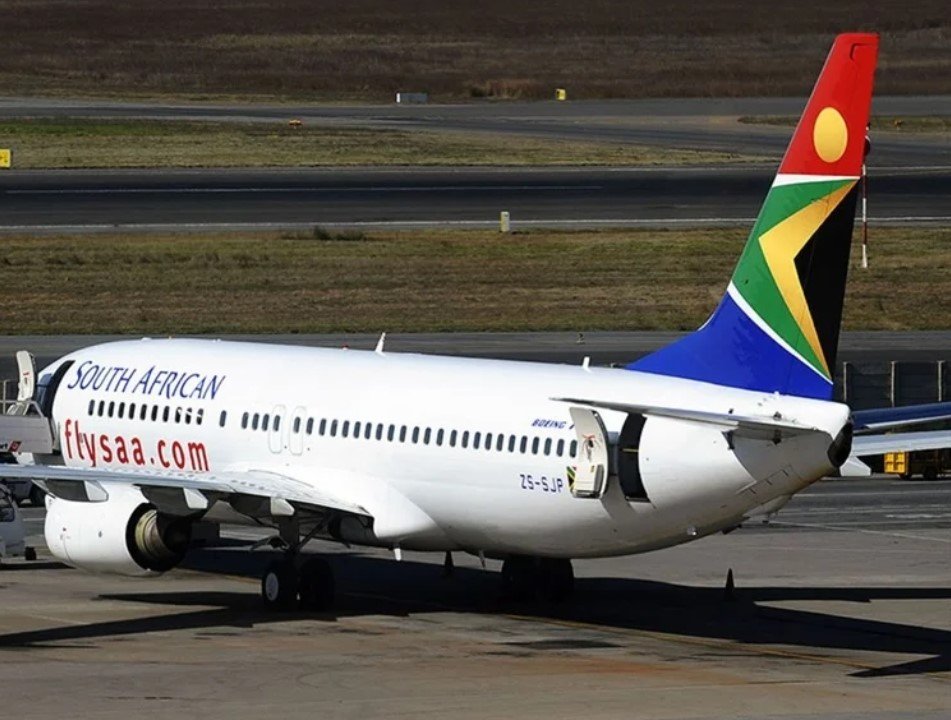Nigeria and its West African neighbors are taking bold steps to make air travel more affordable. Airfares in the region have been notoriously high, posing a significant barrier to both personal travel and business operations.
High Costs Plague West African Skies
Air travel costs in West Africa are among the highest globally. Why? Well, charges, taxes, and fees make up almost half of an air ticket’s price. That’s a hefty slice, considering many passengers are already stretching their budgets to fly.
The ECOWAS nations aren’t just sitting back. They aim to harmonize these aviation charges with international standards set by the International Civil Aviation Organization (ICAO). By doing so, they hope to bring down the overall cost of flying for everyone.
Ministers from the Economic Community of West African States (ECOWAS) recently met in Lomé, Togo. Their mission? Tackling the high costs of air transport and beefing up aviation security across the region.

Strategic Moves for Affordable Flights
So, what’s on the agenda? A lot, actually. The ministers discussed several key strategies to reduce air travel expenses:
- Tax Elimination: Removing taxes that don’t align with ICAO recommendations.
- Fee Reduction: Cutting two main charges—passenger and security fees—by 25%.
- Regional Regulation: Adopting common basic standards for aviation security.
These measures are set to take effect by January 1, 2026. During this transition, countries will prepare financially and logistically to ensure everything runs smoothly.
Impact on Trade and Integration
M. Sédiko Douka, ECOWAS Commissioner for Infrastructure, Energy, and Digitalization, highlighted the bigger picture. “High air travel costs in West Africa serve as a barrier to trade and regional integration. Aligning our aviation taxes with global standards is imperative to make air travel more accessible and competitive,” he stated.
Honourable Sani Yaya, Togolese Minister of Public Works and Infrastructure, echoed this sentiment. He emphasized that reducing costs and enhancing security will attract investments, boost tourism, and strengthen economic ties among ECOWAS members.
Key Outcomes from the Ministerial Meeting
The meeting built on earlier expert consultations aimed at creating more affordable and secure air transport services. Here are some standout outcomes:
- Unified Framework: Establishing a regional framework to lower airfares, making flying less of a luxury.
- Compensation for Delays: Proposing compensation for passengers facing excessive flight delays.
- Security Enhancements: Adopting regional regulations to ensure aviation security meets international standards.
These steps are expected to drive passenger traffic, stimulate economic growth, and facilitate the free movement of people, goods, and services within West Africa.
Supporting Regional Aviation Growth
To back these initiatives, ECOWAS and its partners are rolling out additional support measures:
- Resource Mobilization: Funding projects across member countries to support the aviation sector.
- Oversight Committee: Setting up a regional committee to monitor compliance and implementation.
- Maintenance and Leasing: Establishing a regional aircraft leasing company and a maintenance center to provide cheaper services for airlines.
Timeline and Future Steps
There’s a clear roadmap in place. The reforms must be implemented by the start of 2026. During the one-year transition period, member states will make the necessary fiscal adjustments and preparations.
By December 2024, these recommendations will be presented at the upcoming ECOWAS Council of Ministers and Heads of State Summit. The goal? To cement the necessary reforms that will transform West Africa’s aviation sector into a pillar of economic growth and regional unity.
Anticipated Benefits
The expected benefits of these initiatives are substantial:
| Benefit | Description |
|---|---|
| Increased Accessibility | More affordable flights for citizens and businesses. |
| Boosted Tourism | Lower travel costs attracting more tourists. |
| Enhanced Regional Trade | Easier movement of goods and services across borders. |
| Economic Growth | Stimulated by increased air traffic and investment. |
| Strengthened Security | Improved aviation security protocols. |
These changes are poised to make a real difference in the daily lives of West Africans, making air travel a more accessible and integral part of regional integration.
















